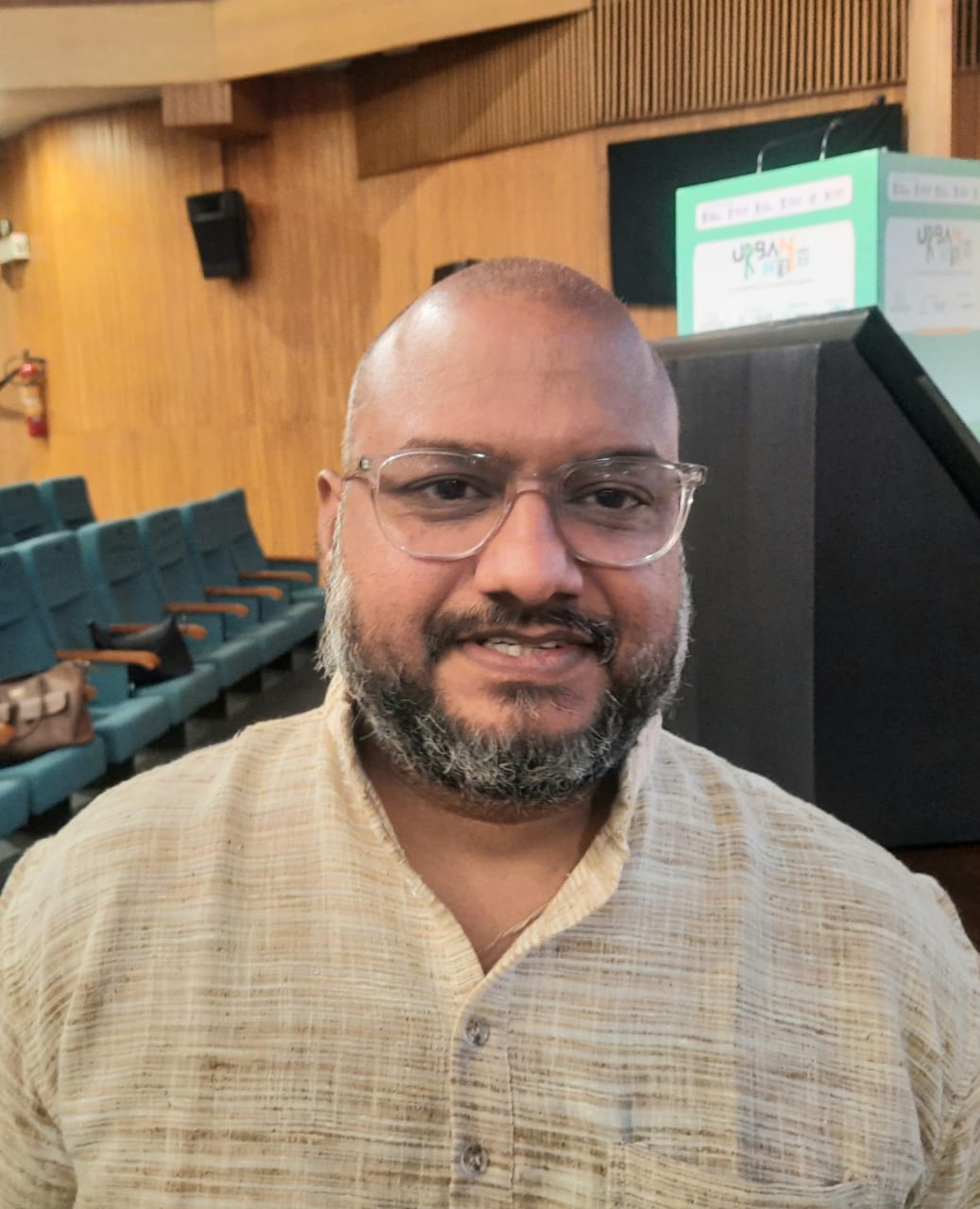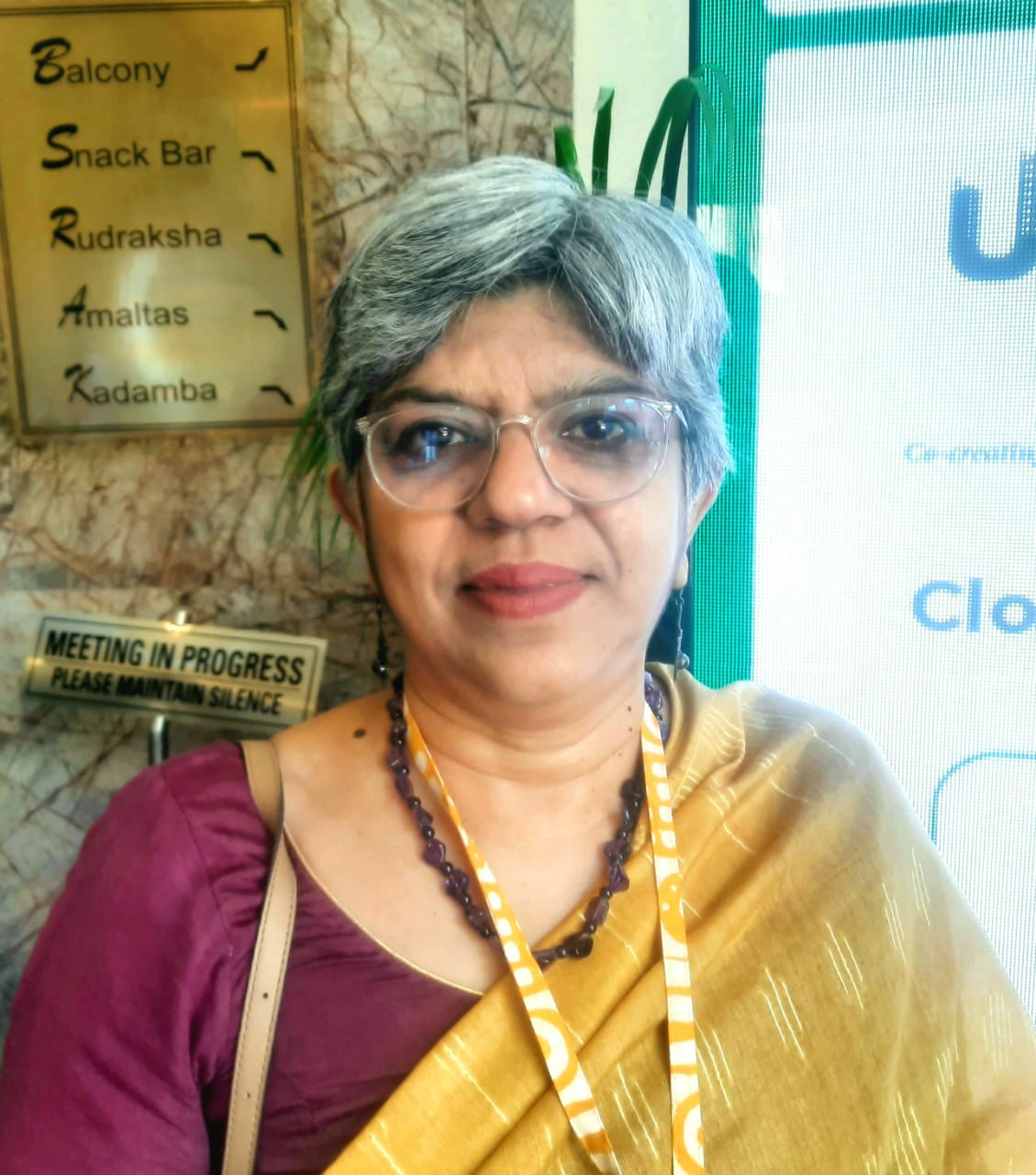School Cinema, a visionary program by LXL Ideas Pvt. Ltd., brings film-based life skills education to students, parents, and educators alike. This pioneering approach combines the power of cinematic storytelling with engaging, thought-provoking activities, aiming to instill essential social, emotional, and life skills in students from K–10. Through these films, students connect deeply with the narratives, allowing them to relate and reflect on a personal level. The program fosters holistic development, nurturing students into confident and responsible individuals.
Beyond students, School Cinema offers significant benefits to parents and teachers. It promotes personal growth, enhances understanding of child psychology, and equips adults with valuable skills for both personal and professional lives.
In an exclusive conversation with The Interview World, Arrif Aziz, Chief Business Officer of School Cinema at LXL Ideas Pvt. Ltd., expands on the platform’s unique offerings. He highlights the engagement and assessment strategies for students and shares insights into other initiatives like the School Cinema International Film Festival. Here’s a closer look at the valuable perspectives from his conversation.
Q: Could you elaborate on the offerings of School Cinema? How does the platform work, and what specific resources and experiences does it provide for children’s development?
A: We teach life skills to children through an innovative program called School Cinema. Unlike traditional cinema, which is often seen solely as entertainment, we harness its storytelling power to deliver meaningful education.
School Cinema is a structured curriculum spanning kindergarten through grade 10. Each year, students watch age-appropriate films that address relevant issues, attitudes, and essential life skills, with 10 new films per grade. These films go beyond just students; they are crafted for parents and teachers too. For parents, our films tackle effective parenting, while for teachers, we cover the latest in educational strategies, technology, and innovation.
Today, we work with around 1,000 schools across India, reaching over a million children. The program enjoys immense popularity, with schools staying engaged for years—some for as long as seven years. They return each year, as students progress from grade to grade, watching a fresh set of films annually. By the end of their journey, each child experiences around 120 diverse films, each with a unique lesson, ensuring well-rounded development.
Q: How do you assess the impact of School Cinema films on students’ learning compared to traditional classroom methods, particularly in terms of engagement and value education?
A: One reason School Cinema resonates so strongly is its visual approach. Children grasp concepts more effectively when they can visualize them, unlike traditional life skills education, which often relies on textbooks or occasional storytelling sessions.
When a child watches a film, they see characters engaging with real-life issues. This allows them to relate to the topic personally, making retention from visual media significantly stronger than from reading alone. But the program goes beyond merely watching.
After each film, students engage in workbook exercises and collaborative activities. For example, if the film addresses bullying, it first helps the child understand the issue through relatable scenarios. Then, workbook activities deepen this understanding, followed by action-oriented tasks. They’re encouraged to think: “What would I do if I witnessed bullying?” This reinforces learning through real-life application.
Collaborative work and hands-on activities ensure students not only understand but practice these skills. Finally, we evaluate their progress to measure the true impact of their learning journey.
Q: What evaluation methods does School Cinema offer for assessing students’ learning through films? Are there additional platforms or tools used to connect with and evaluate students?
A: We’ve created a focused assessment system integrated directly within the program, eliminating the need for a separate platform. At the end of each year, we assess each child’s development across the specific life skills covered that year, using insights gained from their activities throughout the program.
For instance, if a child struggles with interpersonal skills, we address this actively. Through presentations, seminars, and group activities, we track their growth, measuring how much they’ve progressed over the year in engaging and connecting with others.
Q: Do you also teach students how to create short films on various issues?
A: School Cinema is one of our core offerings, but we also present the School Cinema International Film Festival—a truly unique initiative. We’re the only company worldwide hosting a children’s film festival directly within schools. This year, on August 15, we brought the festival experience to 28,000 schools across India.
Our team curates the best children’s films from 20 to 30 countries, making this festival accessible to children right in their schools. When kids can’t attend a festival, we bring it to them.
The festival experience includes three main parts. First, “Watch” gives students 75–100 international films. Then, “Learn” introduces them to the art of filmmaking. Finally, in the “Make” competition, students create their own films; last year, several winners were invited to festivals in Italy and Busan. The “Learn” module allows schools to use film as a dynamic learning tool, reinforcing critical skills through visual storytelling.









